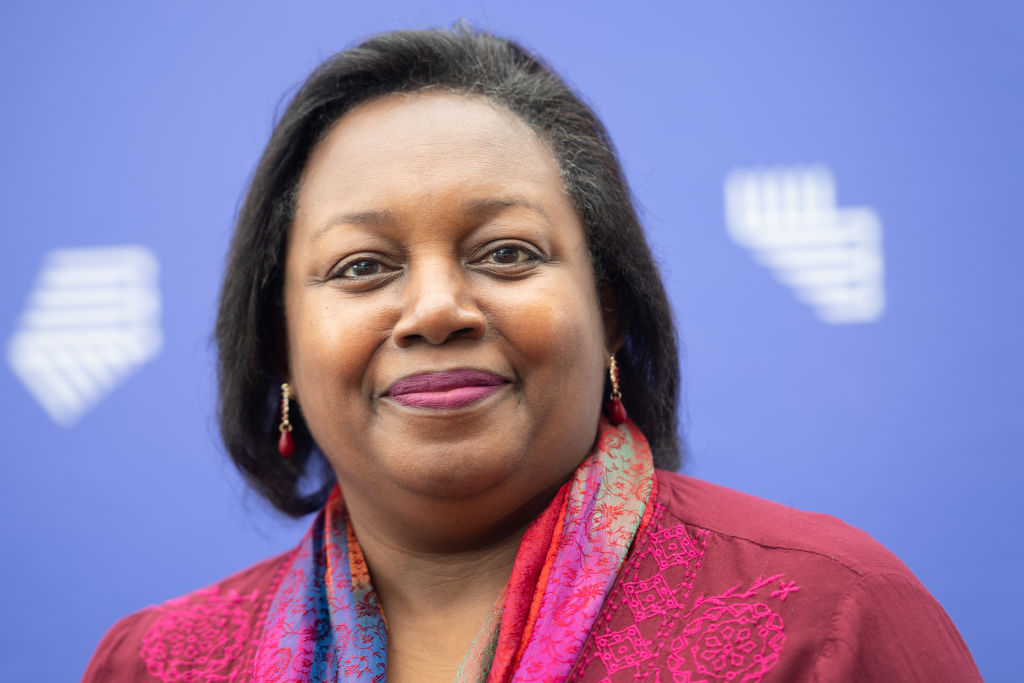I am all for diversity. I believe schoolchildren should read books and poetry from different parts of the world. They should learn about the rich and the poor, male and female, the noble and the devious, black and white, African and European: every shade of humanity which can conceivably be given weight within the scope of secondary school English education.
This is because the great works of literature are in conversation with one another. Chinua Achebe, the Nigerian novelist, can’t be appreciated in isolation: he was greatly influenced by Greek tragedy. Zadie Smith’s fiction owes a debt to Charles Dickens and E.M. Forster. James Baldwin is a literary descendent of the King James Bible. The canon is a family.
But I fear something else is suggested by “diversity” when it is invoked in the context of teaching the English curriculum. Not that of a family, but of warring factions. Consider, for example, the open letter sent last week and signed by a distinguished list of authors including Malorie Blackman and Lee Child, which called for a greater degree of “diversity” in the English syllabus.
The letter asks for “a curriculum that reflects the issues and diversities of our society, ensuring all children and young people are represented”. The problem with this is it misreads the point of literature. It offers shallow criteria by which to judge fiction and poetry. The point of literature is that it represents the experiences of people beyond characteristics such as race and ethnicity, class and sex. It need not directly reflect a niche issue of modern society, but should be judged instead on whether it communicates something meaningful about the human experience over time.
It is possible for a child from an immigrant background, for instance, to feel resonance in William Shakespeare and John Milton: both writers are concerned not with the superficial but the universal. The same is true of Achebe and Baldwin: are we to conclude that these authors have nothing or little to offer to white students?
The letter also suggests that teachers “report an anecdotal connection between students feeling English Literature classes are more relevant to them with improved attendance and punctuality at school”. This comes across as patronising: it implies the classics are not accessible to ethnic-minority students, that there are books for white students and books for non-white students. In fact, books belong to everyone irrespective of their identity.
I believe in diversity if it’s the product of merit, and not when it is something enforced top-down out of a misguided notion of helping ethnic-minority students. The only way to effectively provide such students with the knowledge they can use to thrive in various aspects of life is by grounding them in the canon.
This doesn’t mean they should not read literature by black and brown authors — far from it. It is that these authors should be included on the basis of their literary qualities rather than their race.
The black writer W.E.B. DuBois lived from 1868 to 1963, a century in which African Americans experienced the evils of segregation and lynching. For DuBois, the canon was not something to be resisted but an essential part of his heritage. “I sit with Shakespeare, and he winces not. Across the colour line I move arm and arm with Balzac and Dumas, where smiling men and welcoming women glide in gilded halls,” he argued. “From out of the caves of evening that swing between the strong-limbed Earth and the tracery of stars, I summon Aristotle and Aurelius and what soul I will, and they come all graciously with no scorn nor condescension.”
The kind of diversity often preached today emphasises separateness over unity. It presupposes that the classics are irrelevant, and implicitly suggests they are either impenetrable or uninteresting to today’s students. This should be resisted by anyone who believes literature is a universal pursuit.











Join the discussion
Join like minded readers that support our journalism by becoming a paid subscriber
To join the discussion in the comments, become a paid subscriber.
Join like minded readers that support our journalism, read unlimited articles and enjoy other subscriber-only benefits.
Subscribe